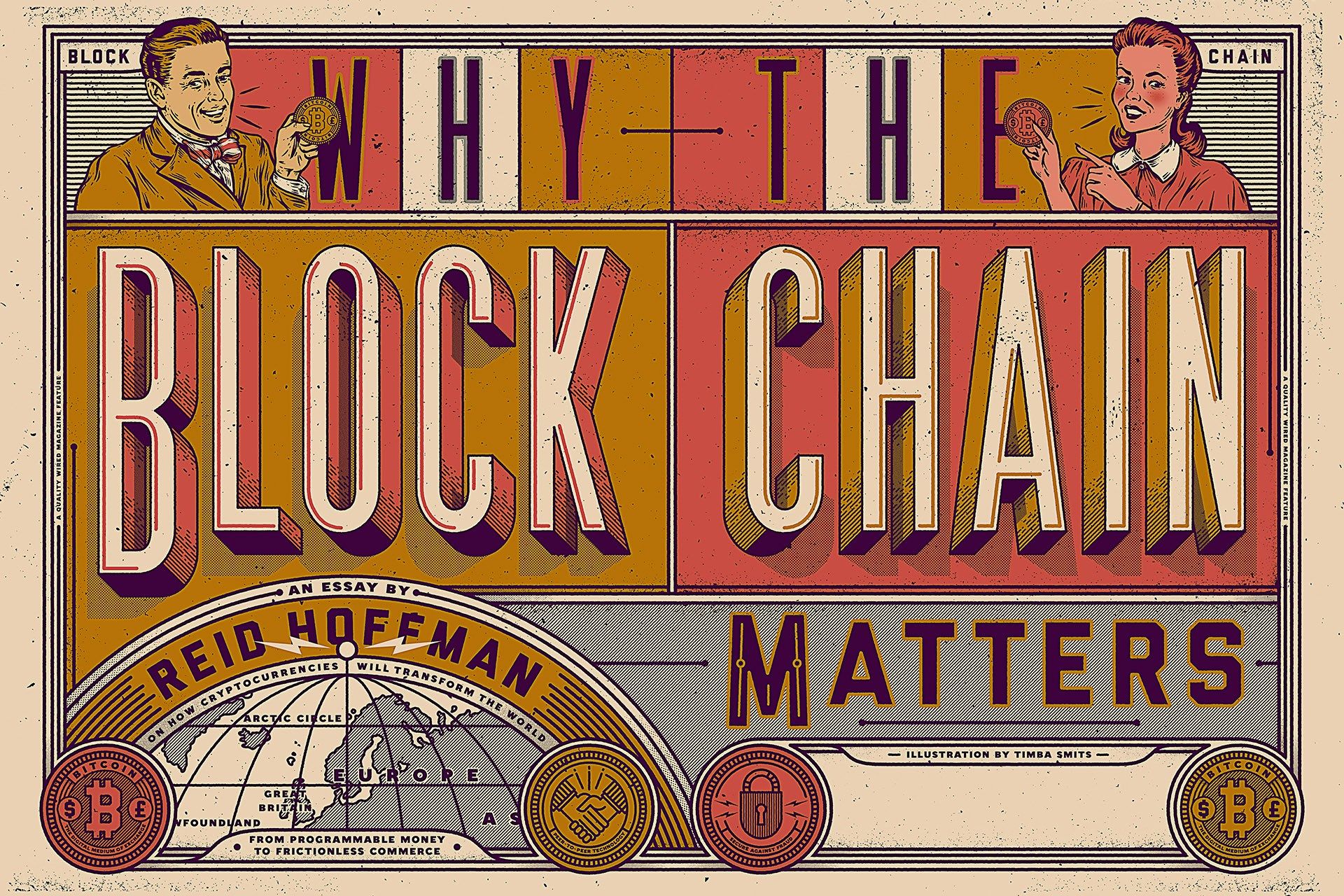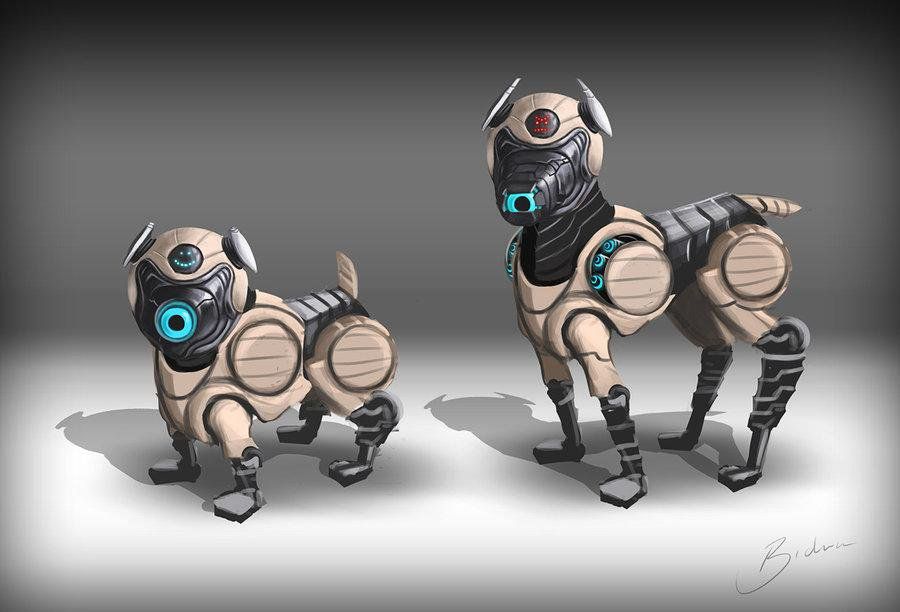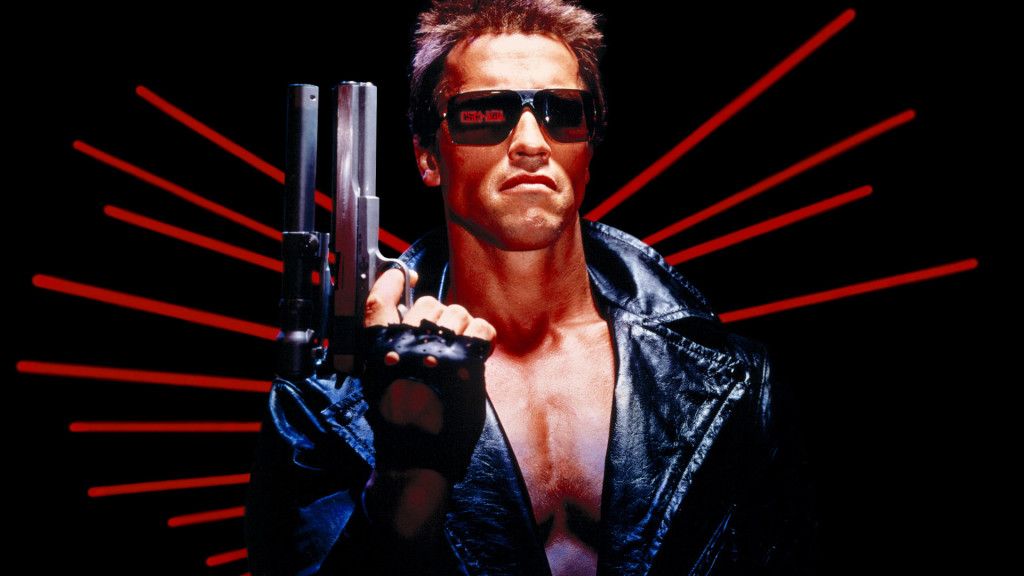May 19, 2015
Why the block chain matters — Reid Hoffman | Wired UK
Posted by Seb in category: bitcoin
 http://cdni.wired.co.uk/620x413/a_c/bitcoin_18.jpg"},{"width":1240,"height":826,"url":"http://cdni.wired.co.uk/1240x826/a_c/bitcoin_18.jpg"},{"width":1920,"height":1280,"url":"http://cdni.wired.co.uk/1920x1280/a_c/bitcoin_18.jpg"},{"width":458,"height":305,"url":"http://cdni.wired.co.uk/458x305/a_c/bitcoin_18.jpg"},{"width":281,"height":187,"url":"http://cdni.wired.co.uk/281x187/a_c/bitcoin_18.jpg"},{"width":195,"height":130,"url":"http://cdni.wired.co.uk/195x130/a_c/bitcoin_18.jpg"}]}" />
http://cdni.wired.co.uk/620x413/a_c/bitcoin_18.jpg"},{"width":1240,"height":826,"url":"http://cdni.wired.co.uk/1240x826/a_c/bitcoin_18.jpg"},{"width":1920,"height":1280,"url":"http://cdni.wired.co.uk/1920x1280/a_c/bitcoin_18.jpg"},{"width":458,"height":305,"url":"http://cdni.wired.co.uk/458x305/a_c/bitcoin_18.jpg"},{"width":281,"height":187,"url":"http://cdni.wired.co.uk/281x187/a_c/bitcoin_18.jpg"},{"width":195,"height":130,"url":"http://cdni.wired.co.uk/195x130/a_c/bitcoin_18.jpg"}]}" />
“When you combine Bitcoin’s global scope, its extreme divisibility and its ability to verify transactions without third parties, you end up with a system where engaging in exchanges of economic value becomes nearly as friction-free as tweeting or texting.” Read more















